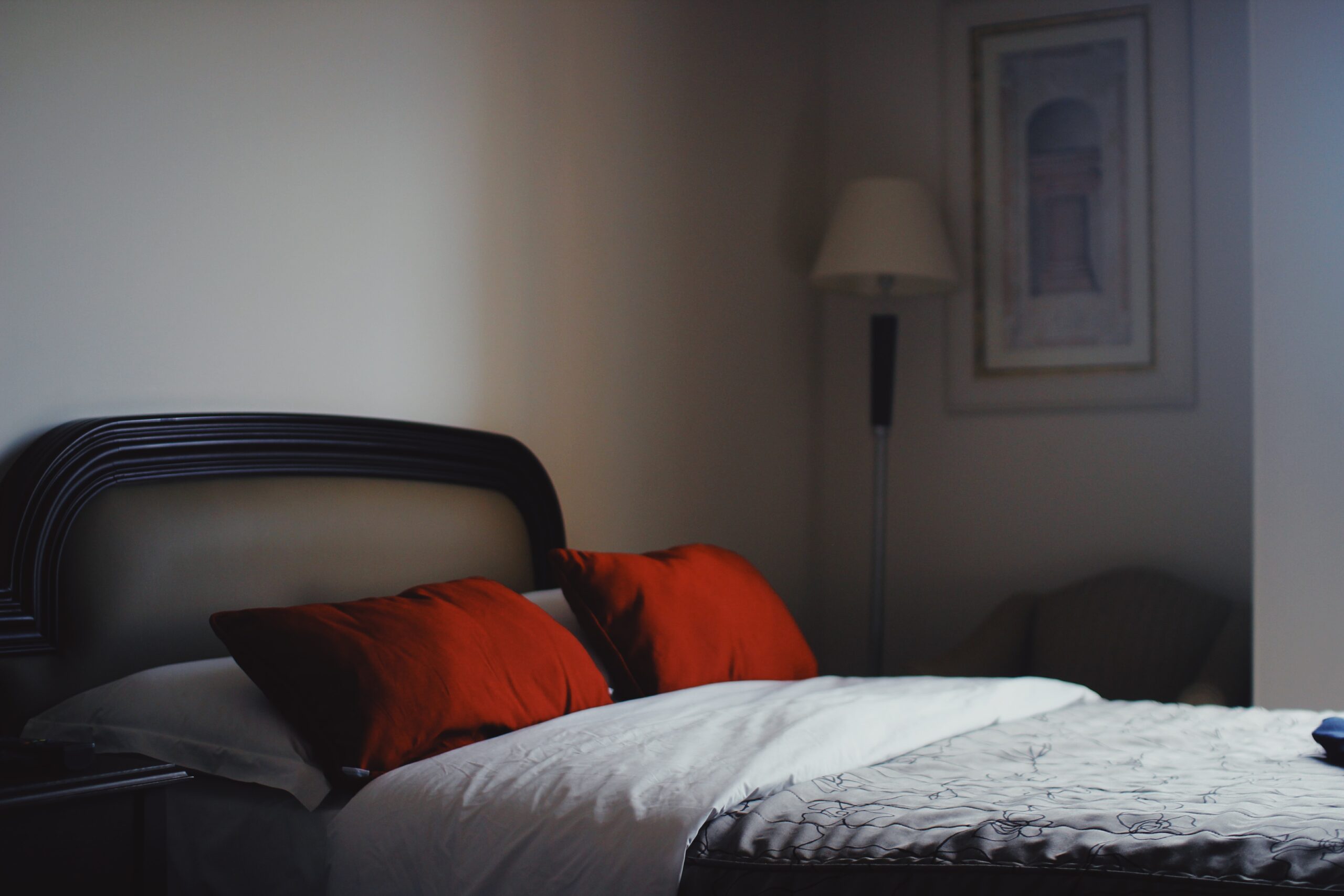Getting a good night’s sleep is essential for our physical and mental health. Unfortunately, many people struggle to get the quality and quantity of sleep they need.
In this article, we will discuss several techniques for improving sleep habits that can help you fall asleep faster, stay asleep longer, and wake up feeling refreshed.
1. Stick to a Sleep Schedule:

Our bodies have an internal clock that regulates our sleep-wake cycle.
By going to bed and waking up at the same time every day, even on weekends, we can help regulate this internal clock and improve the quality of our sleep.
It’s important to choose a sleep schedule that works for you and stick to it as consistently as possible.
2. Create a Relaxing Bedtime Routine:

Creating a relaxing bedtime routine can help signal to your body that it’s time to wind down and prepare for sleep.
This routine can include activities like taking a warm bath, reading a book, or listening to calming music.
It’s important to avoid activities that are stimulating or stressful, such as working or watching TV.
3. Make Your Bedroom Comfortable:

Your bedroom environment can have a significant impact on the quality of your sleep. Your room should be cool, quiet, and dark.
Investing in a comfortable mattress and pillows, high-quality bedding, and blackout curtains can help create a comfortable sleeping environment.
Additionally, it’s important to minimize clutter and distractions in your bedroom.
4. Limit Exposure to Screens Before Bedtime:
Exposure to screens, such as smartphones, tablets, and TVs, can interfere with our sleep.
The blue light emitted by these devices can suppress the production of melatonin, a hormone that regulates sleep. To promote better sleep, it’s best to avoid using screens for at least an hour before bedtime.
Alternatively, you can use blue light-blocking glasses or install a blue light filter on your devices.
5. Exercise Regularly:
Regular exercise can help improve sleep quality and duration. However, it’s important to avoid exercising too close to bedtime as this can increase alertness and make it difficult to fall asleep.
It’s recommended to exercise at least 3 hours before bedtime to promote better sleep.
6. Watch What You Eat and Drink:
What you eat and drink can significantly impact your sleep quality. It’s important to avoid heavy meals, spicy foods, and caffeine before bedtime.
Additionally, alcohol and nicotine can disrupt sleep and should be avoided.
Eating a light snack before bedtime can help promote sleep, but make sure to choose foods that are easy to digest.
7. Practice Relaxation Techniques:
Relaxation techniques, such as meditation, deep breathing, and progressive muscle relaxation, can help reduce stress and promote relaxation, making it easier to fall asleep.
Incorporating these techniques into your bedtime routine can help promote better sleep and reduce insomnia symptoms.
8. Address Underlying Sleep Disorders:
If you’ve tried several techniques for improving your sleep habits but still struggle with sleep, it’s important to consider whether an underlying sleep disorder may be the culprit.
Common sleep disorders include sleep apnea, restless leg syndrome, and insomnia.
If you suspect you may have a sleep disorder, it’s important to consult with a healthcare provider who can provide an accurate diagnosis and recommend appropriate treatment options.
9. Consider Natural Remedies:
There are several natural remedies that can help promote better sleep, including herbal supplements, essential oils, and aromatherapy.
Popular herbs for sleep include valerian root, chamomile, and lavender. Essential oils like lavender and bergamot can be added to a diffuser or applied topically to promote relaxation.
Aromatherapy, such as a warm bath with Epsom salts and lavender oil, can also help promote better sleep.
10. Seek Professional Help:
If you have tried several techniques for improving your sleep habits and still struggle with sleep, it may be time to seek professional help.
A sleep specialist can evaluate your sleep patterns and recommend appropriate treatments, such as cognitive-behavioral therapy or prescription sleep aids.
Conclusion:
In conclusion, improving sleep habits is essential for our overall health and well-being.
By implementing the techniques discussed in this article, such as sticking to a sleep schedule, creating a relaxing bedtime routine, and exercising regularly, we can improve the quality and duration of our sleep.
It’s important to remember that improving sleep habits takes time and patience, but the benefits are worth the effort.
By prioritizing our sleep, we can improve our physical health, mental health, and overall quality of life.






Leave a Comment